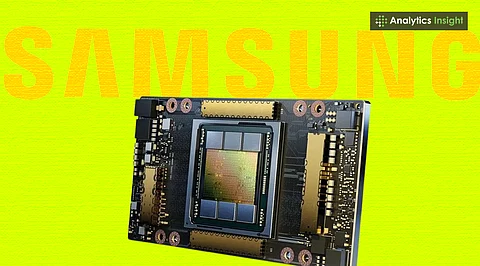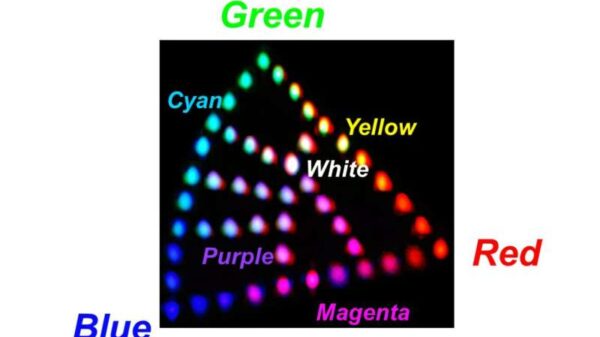In a significant legal ruling, the United States District Court for Minnesota upheld trade secrets in the case of Gilk v. Fisher, emphasizing the importance of fiduciary duties within closely held businesses. The court’s decision, delivered on July 11, 2025, determined that the plaintiffs, Daniel and Samuel Gilk, took reasonable steps to protect their trade secrets, which involved the innovative design of a skiff boat known as the F2 Carbon.
The case arose amid accusations that key investors had attempted to divert business opportunities and proprietary technology away from Fly Boatworks, the company founded by the Gilks in 2012. The court highlighted that the intimate nature of the business relationship among the five members of Fly Boatworks played a crucial role in the outcome, as it allowed for a more lenient standard of trade-secret protection compared to larger corporations.
Background on the Dispute
Fly Boatworks, established by the Gilks, specializes in designing and manufacturing skiff boats. In 2019, the company began collaborating with Mark Fisher to develop the F2 Carbon model. By late 2022, the first prototype was completed, and Fly Boatworks commenced limited production, delivering four units to customers. Negotiations began in October 2024 with Martac Corp. to integrate the F2 Carbon’s components into Martac’s M18 unmanned vessel, a deal that could generate annual profits of up to $23 million.
However, the relationship soured when Fisher, along with other investors, allegedly formed a new entity, Axocon Polymers, LLC, to negotiate with Martac, effectively sidelining Fly Boatworks. The Gilks accused Fisher of filing a patent application on behalf of Axocon that incorporated Fly Boatworks’ proprietary designs.
Legal Proceedings and Court Findings
In response to the investors’ actions, the Gilks filed a lawsuit claiming misappropriation of trade secrets and sought a temporary restraining order (TRO) to prevent further dealings with Martac. The investors countered with their own TRO, alleging that the Gilks had accessed confidential information from Fisher’s email account without authorization.
The court favored the Gilks in its findings, granting them a preliminary injunction. In its ruling, the court recognized the F2 Carbon and its related innovations as legitimate trade secrets. It found that the specifics of the F2 Carbon were not widely known or easily replicated, as evidenced by Fisher’s need to solicit engineering support from the Gilks despite having access to the design information.
The court acknowledged the reasonable efforts made by the Gilks to maintain the confidentiality of their trade secrets, primarily through the fiduciary obligations each member owed to one another within the company. Furthermore, the court noted that there was sufficient evidence to suggest that the information in question was impliedly confidential, reinforcing the Gilks’ claims.
On the matter of irreparable harm, the court concluded that the Gilks would suffer significant disadvantages if they lost the opportunity to be first to market with their innovations. The judge emphasized that the potential Martac contract was crucial for the survival of Fly Boatworks, underscoring the high stakes involved.
The court ultimately denied the investors’ motion regarding the alleged unauthorized access to Fisher’s email, determining that the email account was utilized for Fly Boatworks business and likely accessible to the Gilks. Even if there were issues of unauthorized access, the court noted that any potential harm was not ongoing, as the password had been changed.
The implications of this ruling extend beyond the parties involved, serving as a critical reminder of the importance of safeguarding trade secrets and the role of fiduciary duties in business relationships. As the legal landscape around trade secrets continues to evolve, this case may influence future litigation involving closely held companies and their proprietary information.
































































